About the program
12 graduate students from across the United States spent 2 weeks in Tokyo & Sendai, Japan at Tohoku University to:
- Learn about natural hazards faced by coastal Japanese communities
- Network with researchers in Japan
- Practice new research methods
- Experience local culture.
Meet the students
U.S. Graduate students
Contact: aerp@uw.edu
anna pearson
2nd year PhD student, Department of Earth and Space Sciences, University of Washington
Research focus: I work with GNSS and leveling data to study tectonics and associated hazards on the Cascadia Subduction Zone.
Trip highlight: Miyagi prefecture field trip
Favorite dish in Japan: Black garlic ramen,
melon bread, all sorts of miso, gyoza, mochi
Tip: Hold your backpack in the front when traveling in packed areas.
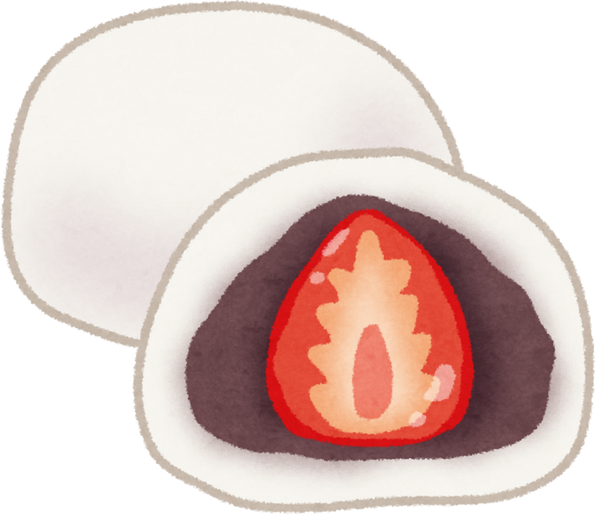
Contact: a.nguyen@email.wustl.edu
Alex nGuYen
1st year PhD Student, Department of Earth, Environmental, and Planetary Sciences at Washington University in St. Louis
Research focus: I study error and bias in radar geophysics, and I’m currently working on a project using InSAR to quantify ground ice content in coastal Alaska.
Trip highlight: JAXA field trip!
Favorite dish in Japan: Gyutan (beef tongue)
in Sendai and oysters in Matsushima
Tip: Observe and follow what others are doing if you are ever confused with cultural customs.
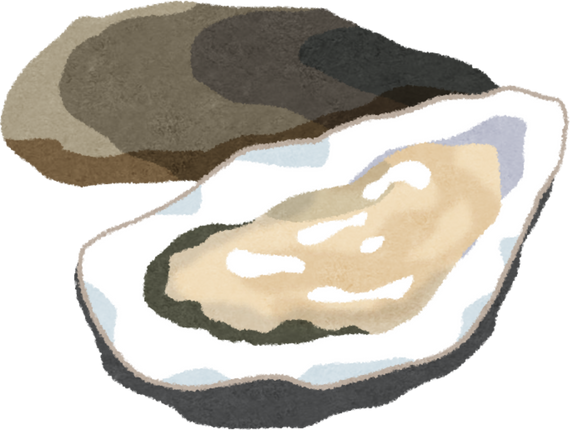
Contact: achio@uci.edu
andrew chio
5th year PhD Student, Computer Science, University of California, Irvine
Research focus: Integrating model-driven and data-driven methods into middleware systems to help enable resilience within real-world critical infrastructures.
Trip highlight: Lectures/discussions with invited speakers about their work
Favorite dish in Japan: Sushi
Tip: Don’t tip.
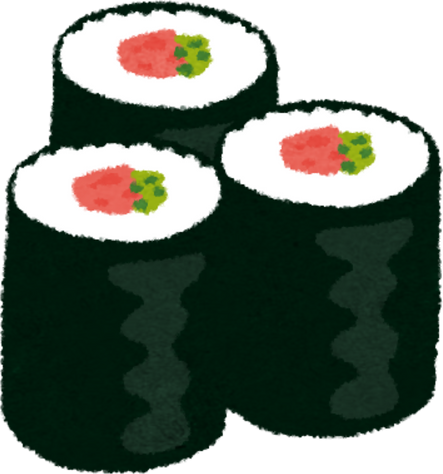
Contact: cdivola@ucsb.edu
claire divola
3rd year PhD Student, Department of Earth Science, University of California, Santa Barbara
Research focus: I look for evidence of extreme events preserved in the sedimentary record using tools such as radiocarbon dating, microfossil analysis, and ground penetrating radar (GPR).
Trip highlight: Finding faults on Fukuurajima Island!
Favorite dish in Japan: Everything matcha
Tip: Give yourself extra time for traveling.

Contact: clay.cald124@tamu.edu
clay caldwell
1st year PhD student, Geotechnical Engineering, Texas A&M University
Research focus: I’m working on creating an automated workflow for levee asset management using satellite and UAS based remote sensing. I also work on optimizing dredging operations across the USACE portfolio using machine learning and remote sensing.
Trip highlight: Hanging out with all the fellows
Favorite dish in Japan: Cheese Naan
Tip: Don’t plan anything at all, it's really fun.
Contact: drmyers@umail.ucsb.edu

dana myers
2nd year PhD student, Interdepartmental Graduate Program in Marine Science (IGPMS), University of California, Santa Barbara
Research focus: I study carbon flux in estuaries by isolating the effects of biological and physical processes on the net ecosystem metabolism of the system. My research includes using LiDAR equipped UAS to evaluate the effects of sediment deposition on flow rates in a tide-dominated estuary and its consequent impact on carbon flux.
Trip highlight: Visiting the JAXA Space Station in Tsukuba and seeing the day-to-day duties of the operators.
Favorite dish in Japan: Earl Grey Milk Tea Bagel with Honey and Walnut cream cheese at a stand in the Sendai Subway Station.
Tip: Public seating is hard to come by and you will be walking a lot! Since sitting on the ground in public is frowned upon, I recommend train stations and large shopping centers to find a place to rest in the middle of the day!
Contact: jmacshan@uci.edu
jared macshane
1st year PhD Student, Computer Science, University of California, Irvine
Research focus: My research is in distributed intelligent systems with progressive inference. I am also investigating digital twins for disaster scenarios
Trip highlight: Japanese onsens are the best!
Favorite dish in Japan: Sashimi
Tip: Bring lots of cash and a coin purse.

Contact: jbekka1@lsu.edu
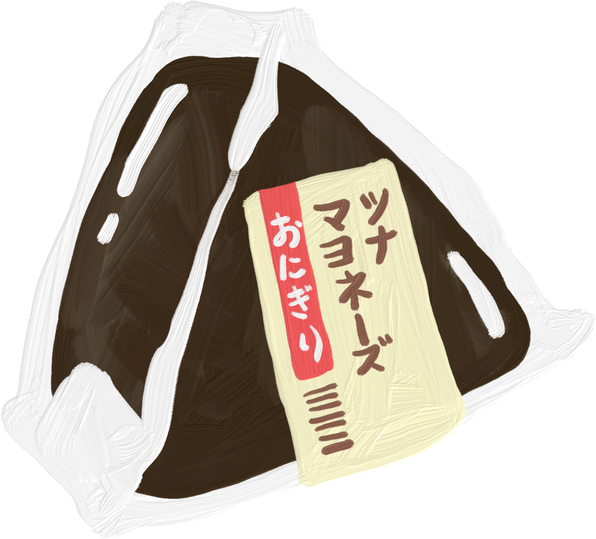
jasmine bekkaye
4th year PhD candidate & NSF Graduate Research Fellow, Department of Civil and Environmental Engineering, Louisiana State University
Research focus: My research focuses on remote sensing techniques for assessing the impacts of hazards on natural and built environments, developing reconnaissance methods for collecting perishable post-disaster data, quantifying debris waste generated by disasters, and furthering the improvement and development of data-driven prediction models for disaster debris.
Trip highlight: Exploring coastal areas heavily impacted by the 2011 Tōhoku Earthquake and Tsunami, Fukuurajiima, and Sendai’s numerous restaurants and bars.
Favorite dish in Japan: Akamaru ramen and shrimp and mayonnaise onigiri
Tip: Take out more cash than you think you need and bring a coin purse.
Contact: karenw@vt.edu
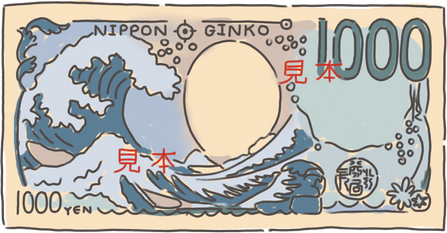
karen williams
4th year PhD candidate & Disaster Resilience and Risk Management (DRRM) doctoral fellow, Department of Geosciences, Virginia Tech
Research focus: My research entails measuring vertical land motions with GNSS and using computational modeling to analyze the geophysical processes driving surface movements.
Trip highlight: JAXA field trip, exploring Sendai and Tokyo, experiencing Japanese culture and engaging with the locals, and The Beatles House Cavern Club in Sendai
Favorite dish in Japan: Rikyu, kobe beef, sushi, ice cream waffles, hi-chew with hard candy inside, 7-11 soy sauce beef onigiri, gyoza, chicken and beef curry, ginormous naan from Taj
Tip: Get mobile data and always have yen on hand.
Contact: mlucas12@uw.edu
Madeleine Lucas
4th year PhD Candidate, Department of Earth & Space Sciences, University of Washington
Research focus: I use seismic and bathymetric datasets to characterize offshore faults at the Cascadia Subduction Zone
Trip highlight: Visiting the ruins from the 2011 tsunami
Favorite dish in Japan: Soba,
crab miso soup, konbini fried chicken
Tip: Learn a few Japanese words
and practice using them.
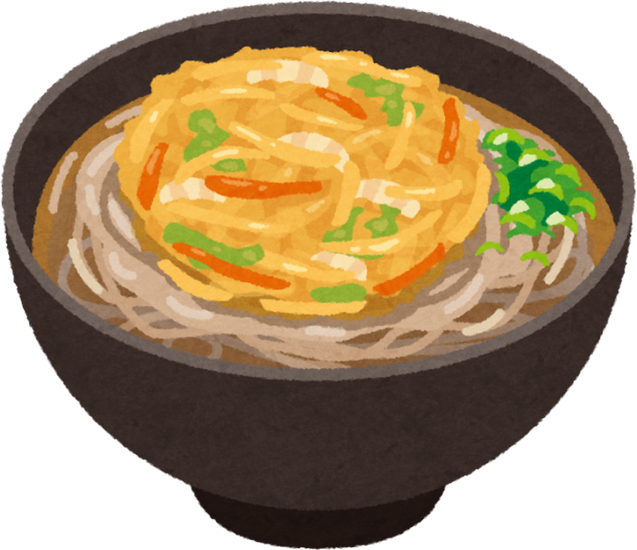
Contact: nkc0006@uah.edu
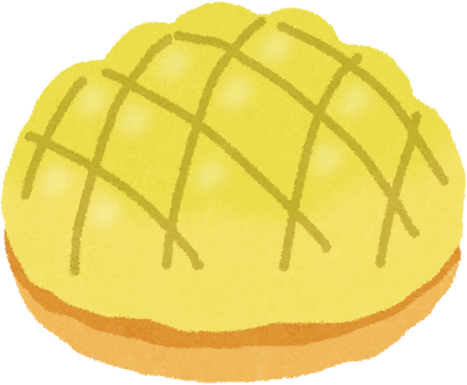
nina copeland
2nd year Master’s student with SERVIR, Department of Atmospheric and Earth Science, University of Alabama in Huntsville
Research focus: I study the impacts of land cover/land use change on streamflow, water balance, and sediment yield in the Belize River Watershed using the Soil and Water Assessment Tool.
Trip highlight: I found the visit to Okawa Elementary School to be the most emotionally impactful and heart-wrenching part of the program.
Favorite dish in Japan: Cheese naan and butter chicken at Taj-2, Sendai. Melonpan.
Tip: Bring a bag for trash when you’re out and about. It’s very likely that you won’t be able to find one.
Contact:
castillo.271@buckeyemail.osu.edu
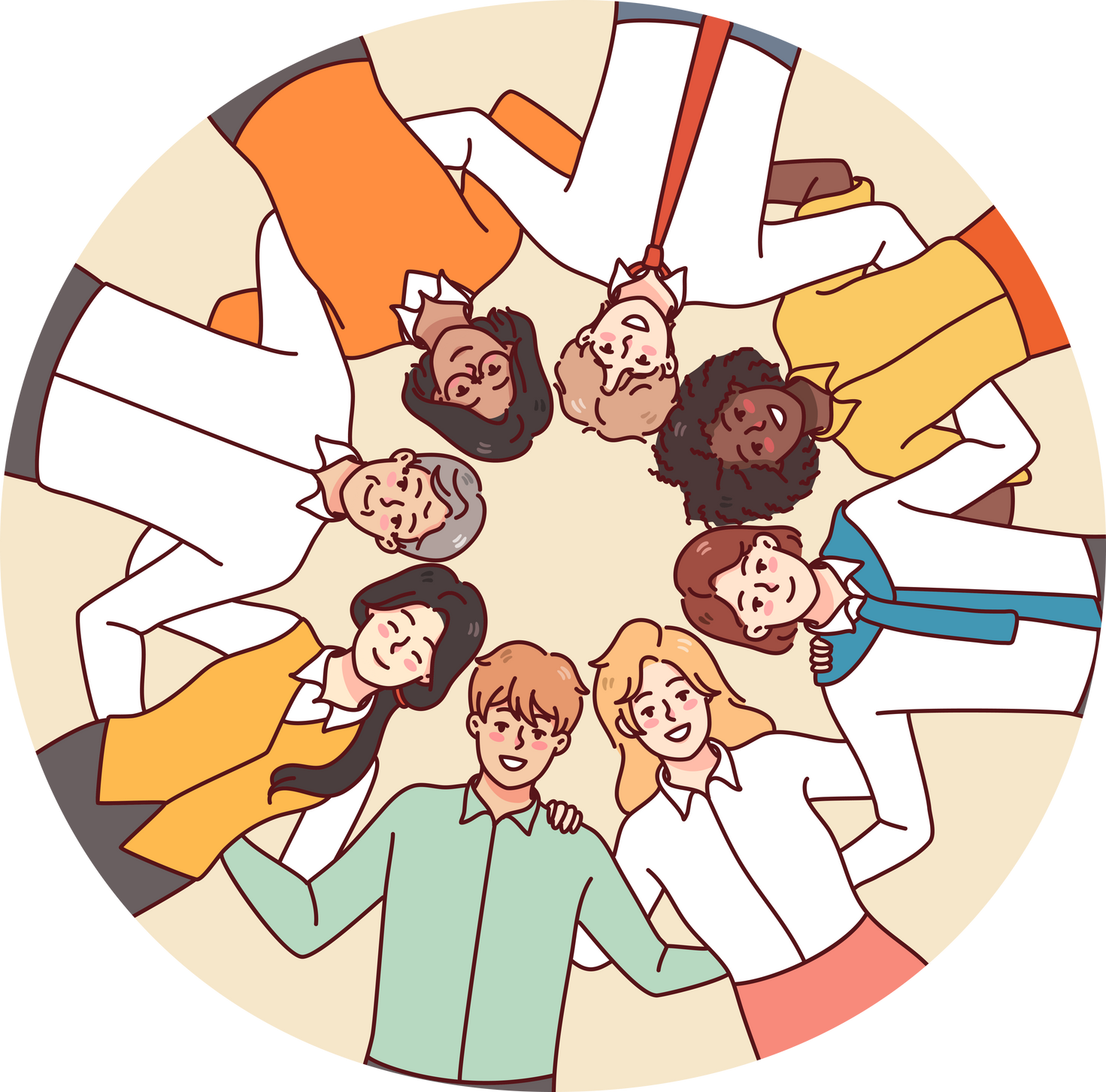
rené castillo
1st year PhD Student, School of Earth Sciences, Ohio State University
Research focus: I study geohazards, focusing on earthquakes and landslides, to understand their impact on geologic processes and society.
Trip highlight: Making new friends in related disciplines and seeing the Matsushima Holocene mega-landslide debris block islands!
Favorite dish in Japan: Cow tongue & Strawberry Pocky! Not together though :)
Tip: Bring a portable phone charger, you will be using your phone all day for pictures, transit card, and Google Maps/navigating!
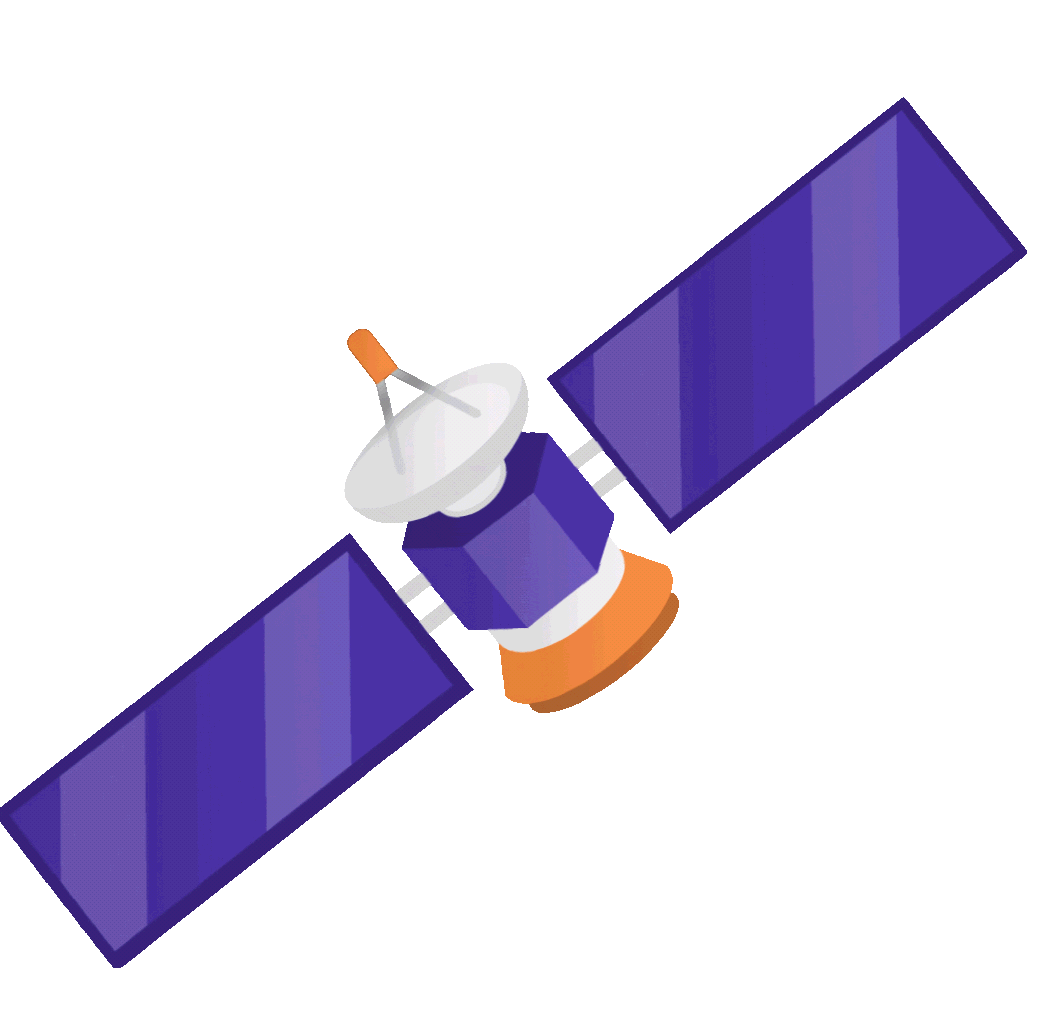
Program highlights
Visiting JAXA Tsukuba Space Center (Japanese equivalent of NASA)
Visiting the International Research Institute of Disaster Science (IRIDes) at Tohoku University in Sendai, Japan.
Visiting the Shinkitakamio Bridge (left) and the Okawa Elementary School (right), both destroyed in the 2011 Great East Japan Earthquake & Tsunami. Left: Magaly Koch sharing her story of visiting this site a year after the tsunami. Right: Christine Regalla, Magaly, and student Maddy Lucas observing the damage to the school and reading about the story of the disaster.
Field trip and drone demo led by Professor Bruno Adriano and student Shin Ishii to the coastal Arahama area devastated by the 2011 tsunami.
Field trip to the Minamisanriku Earthquake Disaster Memorial Park in the Miyagi Prefecture of Japan. Left: Site of Old Office Building for Disaster Defense. Right: Students walking up the Memorial Terrace.
Students participated in science lectures and workshops at IRIDeS. Left: Lecture from Shunichi Koshimura about natural disaster impacts in Japan. Right: Professor Yuta Izumi and student Clay Caldwell working with Ground-Based Synthetic Aperture Radar (GB-SAR)

SAR-turday lecture about InSAR from Professor Franz Meyer
Group dinner in Sendai at a restaurant specializing in gyutan (beef tongue)
This workshop is supported by the National Science Foundation under Grant No. NSF-OISE 2154238, IRES Track II: Multidisciplinary Coastal Zone Hazards Institutes - France, Japan, Indonesia
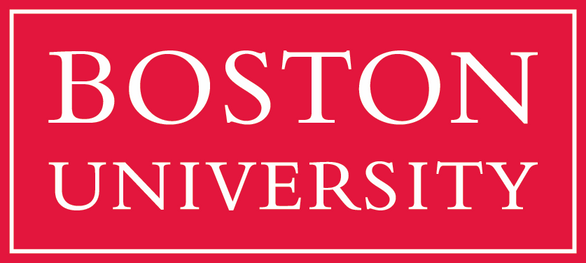
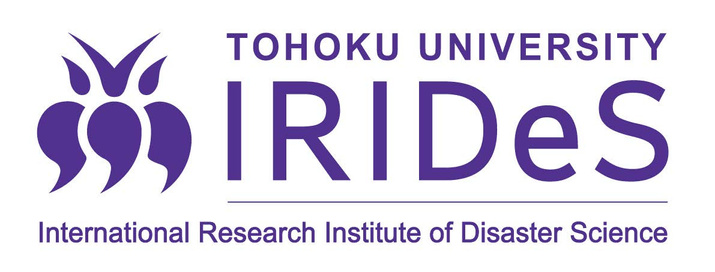
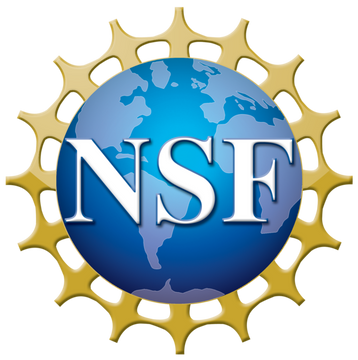
WebSITE created by madeleine c. lucas
